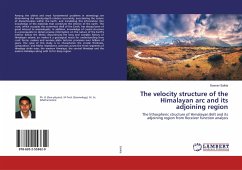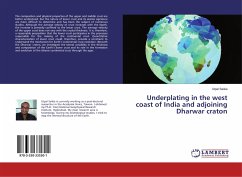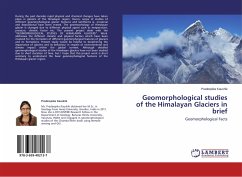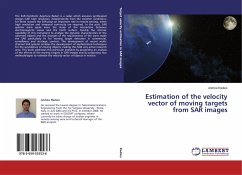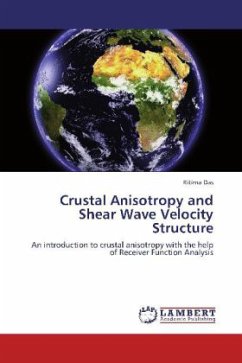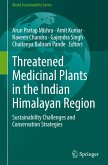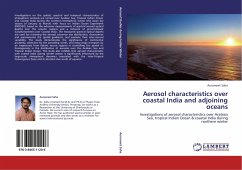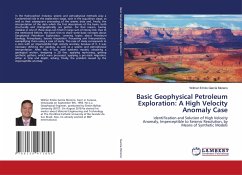Among the oldest and most fundamental problems in seismology are determining the velocity-depth relation accurately, ascertaining the nature of discontinuities within the Earth, and translating this information into knowledge of the materials that constitute the interior of the earth. The crust, which occupies the outermost shell of the Earth, has always been of great interest to seismologists. In addition, knowledge of crustal structure is a prerequisite to obtain precise information on the nature of the Earth's interior below the Moho discontinuity.The long and complex history of Himalayan seismic arc makes it a geological nexus for understanding how crust forms, evolves and survives plate tectonic processes over billions of years. The goal of this study is to characterize the crustal thickness, composition, and Moho impedance contrasts across the three segments of Himalaya strike wise; the western Himalaya, the central Himalaya and the eastern Himalaya along with its for deep region.
Bitte wählen Sie Ihr Anliegen aus.
Rechnungen
Retourenschein anfordern
Bestellstatus
Storno

